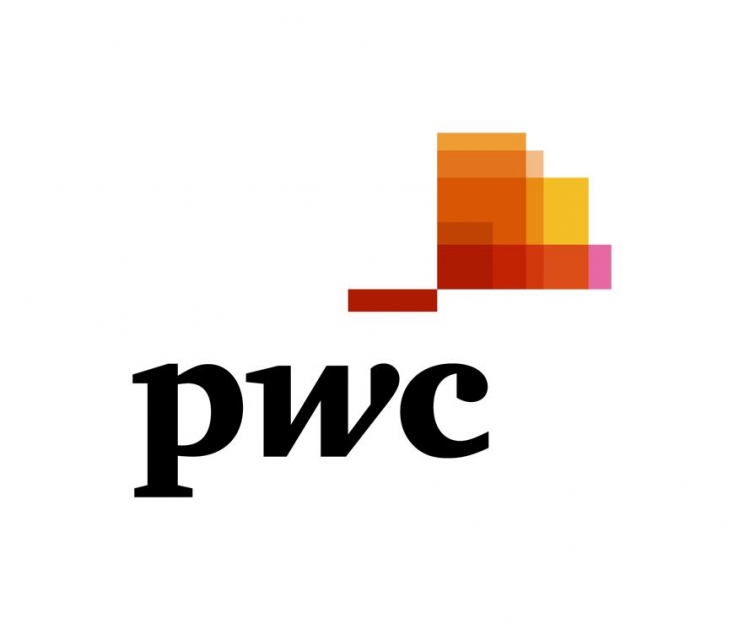
Middle East economy remains robust, despite oil cuts and geopolitical turbulence, according to PwC’s Economy Watch
The latest PwC Middle East Economy Watch, released today, indicates that the regional economy remains resilient despite challenges from oil cuts and geopolitical turbulence. The non-oil sector's growth is anticipated to stay robust, buoyed by a stronger-than-expected non-oil GDP performance in 2023 and Purchasing Manager Indices (PMI) in Saudi Arabia and the UAE, which are solidly in expansionary territory in early 2024.
The report further emphasises the potential of green finance to hasten economic diversification and job creation across the region, while also attracting Foreign Direct Investment (FDI). It delves into three themes:
Oil cuts are extended, but the non-oil sector remains robust: OPEC+ members have agreed to extend production cuts into the second quarter of this year, recognising slower growth in demand for oil, alongside the risk of increasing supply from non-OPEC+ countries. The production cuts mean that the oil sector will likely contract in 2024 compared to last year. Saudi Arabia has also paused its plans to increase oil production capacity given supply/demand dynamics. However, this move will free up capital for investment in alternative energy projects, including gas and renewable energy sources.
Currently, Qatar has announced ambitious plans for the expansion of its liquefied natural gas (LNG) capabilities, particularly with the introduction of the North Field West project. This initiative marks a significant phase in Qatar's strategy to enhance its LNG production capacity, further cementing its position in the global LNG market, and is in line with the more optimistic prospects for gas compared to oil, and its appeal due to the lower carbon emissions associated with gas.
Trade corridors: the disruption to Red Sea trade has revived discussions around the need for alternative trade corridors. Two major trade routes proposed in recent years are the India-Middle East-Europe Economic Corridor (IMEC) and Iraq’s Development Road, both having their challenges and advantages. Progress on either initiative is unlikely until the current conflict is resolved.
Green financing gathers pace: there is a growing momentum around green financing following the success of COP28 and the introduction of green finance frameworks in the region. In 2023, the issuance of green bonds and sukuk in the Middle East doubled to $24bn, led by the UAE and Saudi Arabia. This momentum continues in 2024, with Oman publishing a Sustainable Finance Framework, while Qatar’s finance minister announced at Davos that its debut green bond would be coming soon. Saudi Arabia is also considering a sovereign green issuance, in addition to the large sums raised by the PIF.
Richard Boxshall, Partner and Chief Economist, PwC Middle East commented: “Oil demand plays a key role in influencing the growth of oil-exporting Middle East countries. Nonetheless, strong growth in the non-oil sector is expected to counterbalance these impacts.”
Stephen Anderson, Partner, Middle East Strategy Leader, PwC Middle East said: “The region is increasingly focusing on sustainability, aligning with net zero ambitions and the imperative for economic diversification. The growth in green finance is a strong indication of this focus and has the potential to enhance the region's appeal to foreign investors.”


























